The role of teachers’ self-reflection in teaching sensitive topics
Often, countries’ experience difficulties in dealing with part of their past. This is, for example, the case of all those countries who need to teach about the Holocaust, which might come as a challenges for many educators. Some of these challenges include personal biases and assumptions from the history educators, which influence their teaching on such a sensitive topic. This practice aims to bring attention to these biases and allows educators to self-reflect.
The Practice
This practice involves willing participants (educators), who engage in self-reflection by asking themselves a number of questions for the benefit of making the education they are providing as inclusive as possible. Its aim is to address the issue of inclusion in memory site education by becoming more aware of their own values and attitudes, as well as student’s backgrounds.
It encourages educators to ask themselves certain questions when they are engaging with difficult subject matter, about how their own background and biases could influence the inclusivity of the lessons. An important aspect is to encourage educators to identify family histories and taking those into account when teaching about the Holocaust.
The questions come from guidelines that are given to educators giving tours in “disconcerting places” – that is, sites that commemorate a difficult past, most frequently former concentration camps or euthanasia sites from the Nazi period. These questions acts as general guidelines for educators to self-assess.
An example of such questions is:
“How can I talk about discriminated and persecuted groups without reducing individuals to belonging to this group? How can I respond to the diverse perspectives and needs of the [students]?”
This practice consists of a simple list of questions, which can be easily tailored to a multitude of contexts when teaching or discussing sensitive topics in history. It is, thus, easily replicable: teachers who wish to teach sensitive topics in an inclusive manner have to use such questions to embark on a self-analysis of their own biases and pre-conceptions. Doing so, they become able to overcome them, becoming more effective and sensitive in addressing the topics.
Obstacles and lessons learned
The main obstacle in enacting the practice comes from the potential difficulty of getting educators to participate. The practice relies on the willingness of educators to engage in self-reflection, and for Gottfried Kößler this proved to be an obstacle. In evaluation forms, participants were very positive about this practice but did acknowledge this practice is demanding as it takes dedication.
The effect of the practice
There has been no formal research done on the effects of this practice. Over the years, feedback from educators who underwent self-examination showed an increased ability to deal with diverse classes in a sensitive and effective manner. The effects reported also show that participants gain more understanding about the implications educational communication has which leads to educators feeling more comfortable and prepared to confront diversity.
About the interviewee
Gottfried Kößler is a German teacher on literature, history and social science. He is currently working in the teachers training and with education on memorial sites and museums. He specializes in the Jewish history and Nazi-Germany.
Background to the project
The programme was initiated by Max Mannheimer Studienzentrum and 12 German, Austrian, and Polish memory concentration camps and euthanasia memorials as well as youth training centres. Initial funding came from Stiftung Erinnerung Verantwortung und Zukunft, which is an organisation committed to providing financial compensation to victims of the Nazi regime.
Additional information
http://www.verunsichernde-orte.de/seminarangebot/uebungen/zum-umgang-mit-teilnehmenden Provides access to sample questions that educators can ask themselves when teaching about difficult pasts, originally designed for use by professionals giving tours or providing other educational activities at memorial sites.
Written by Piia Lempiainen (EuroClio) based on an online interview with Gottfried Kößler (Pädagogisches Zentrum des Fritz Bauer Instituts und des Jüdischen Museums) in December 2017.
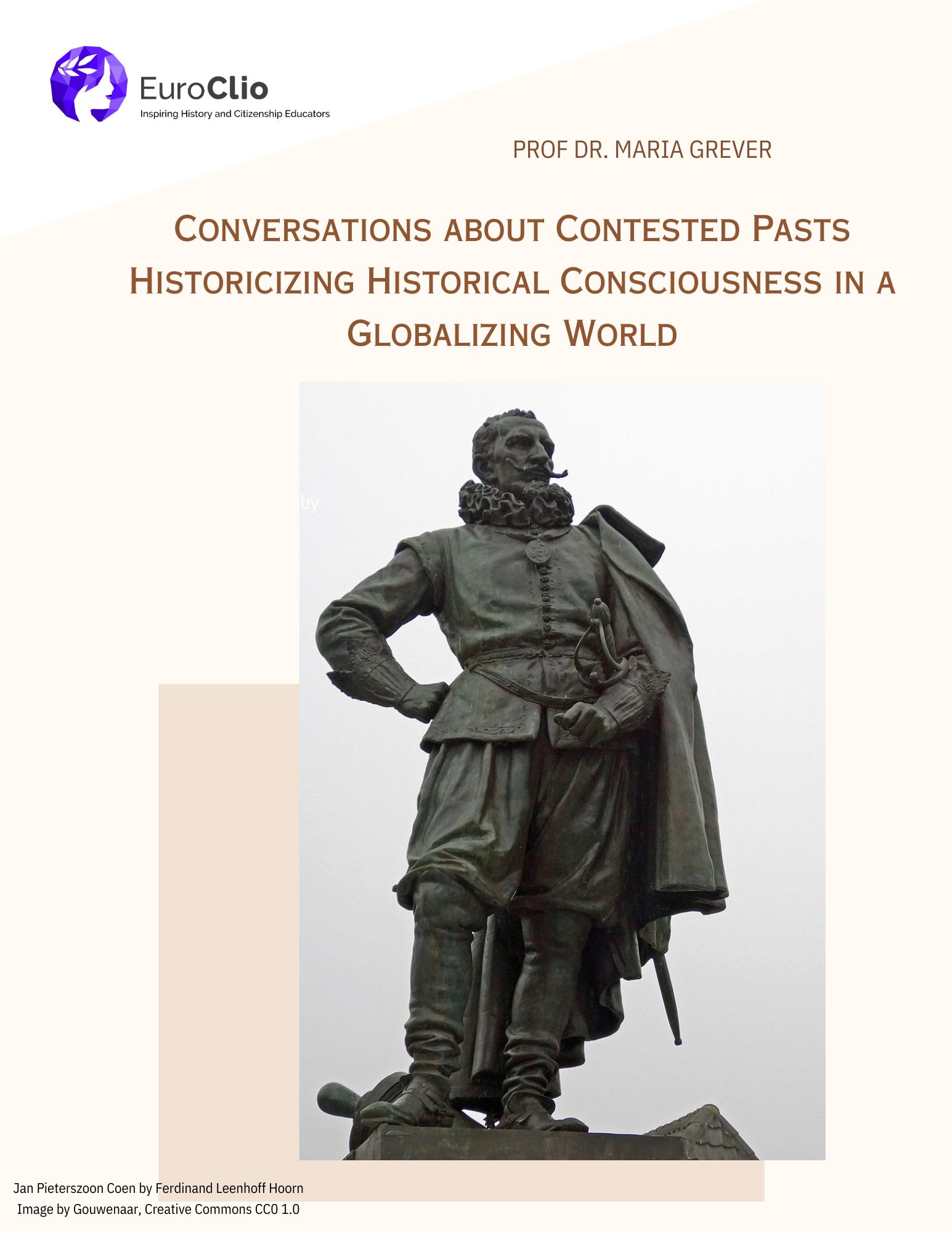
Conversations about Contested Pasts: Historicizing Historical Consciousness in a Globalizing World by prof. dr. Maria Grever
In several post-colonial countries, the war on monuments and cultural […]
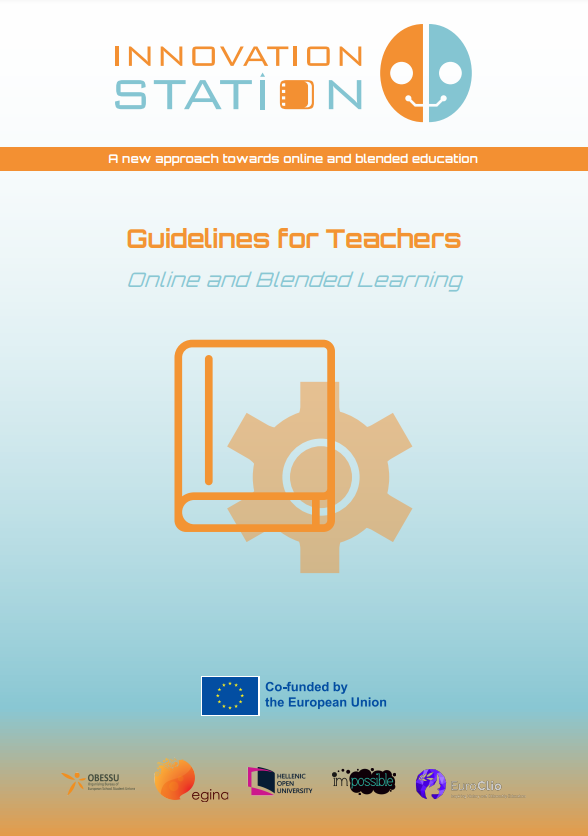
Innovation Station Guidelines for Teachers
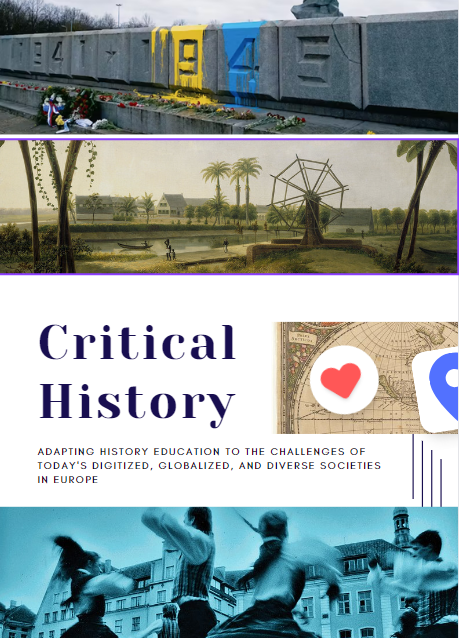
Study Guide Critical History
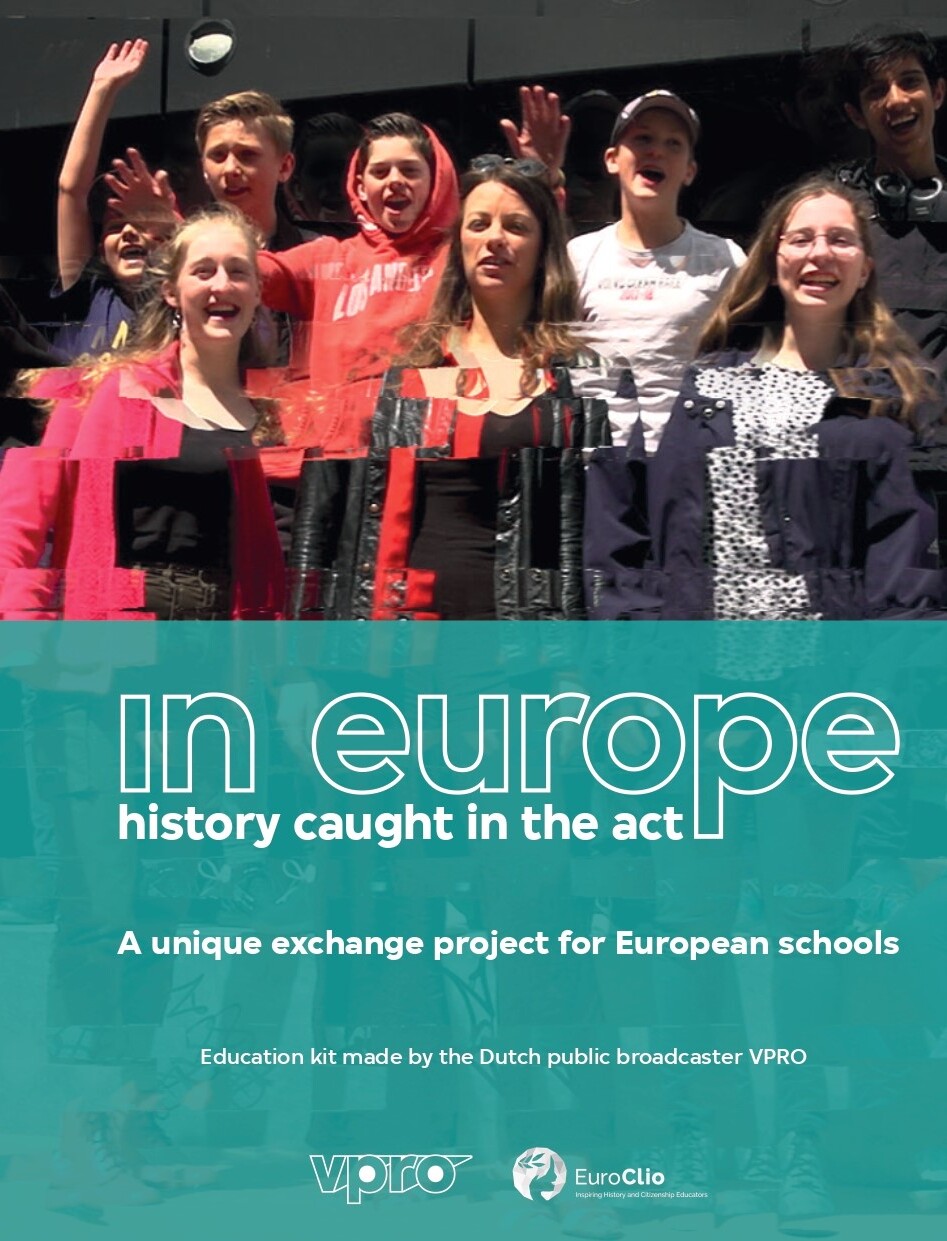
Education Kit on “Fake News and Disinformation” – VPRO In Europe Schools
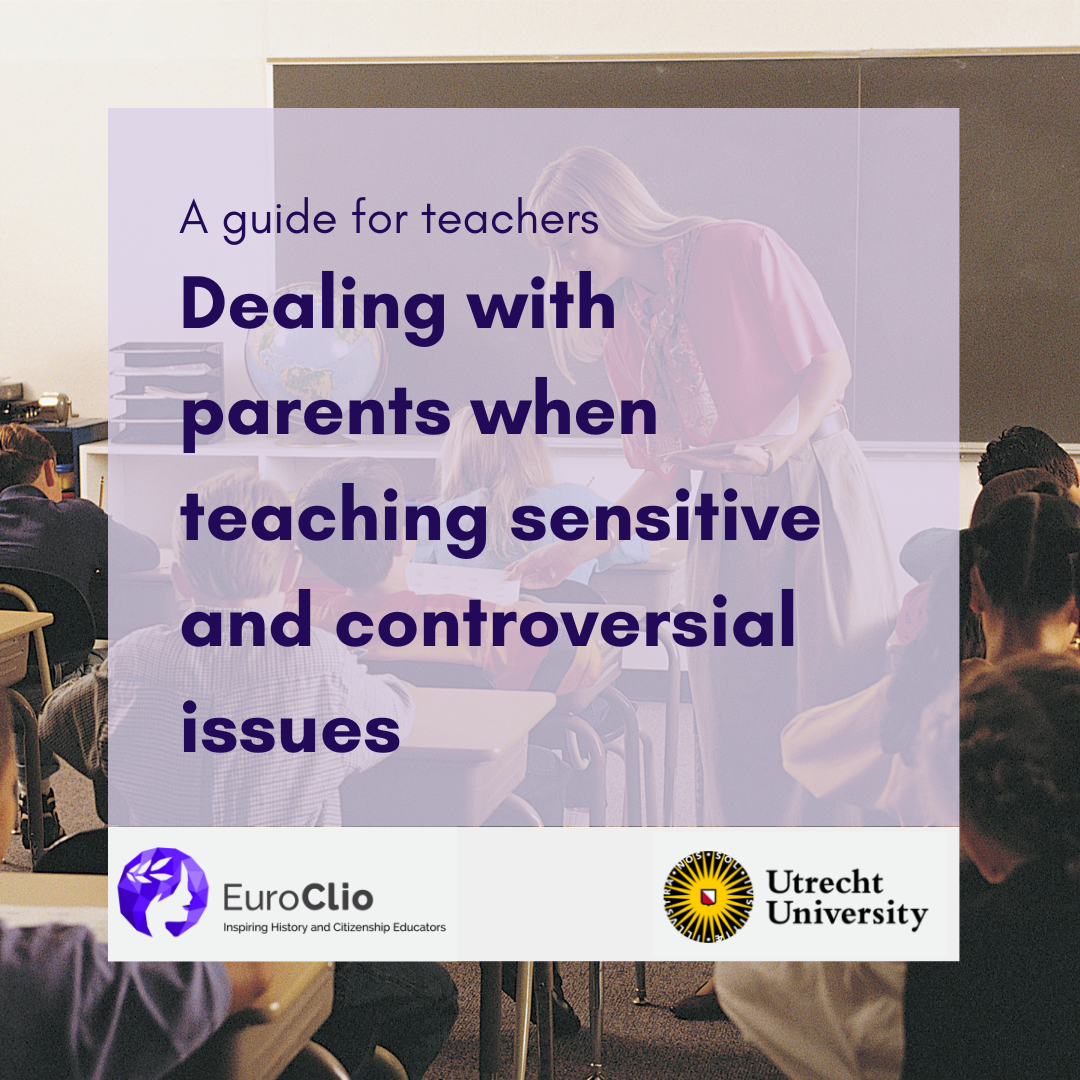
Dealing with parents when teaching sensitive and controversial issues
